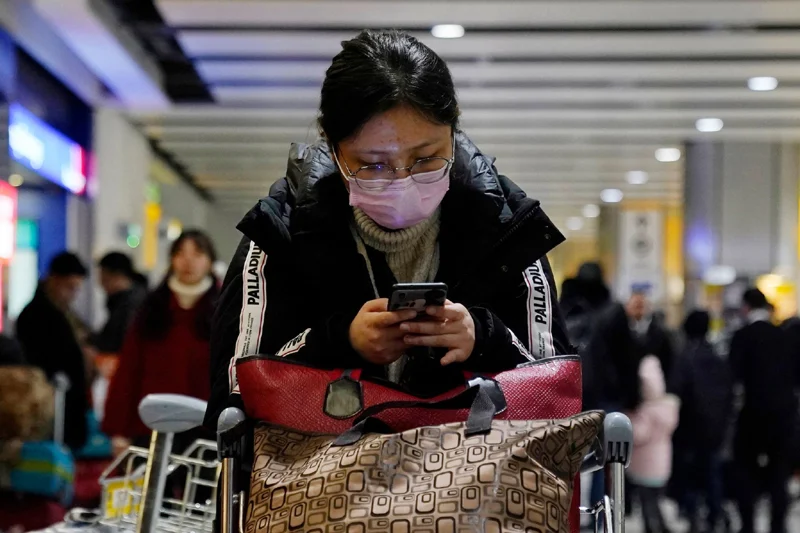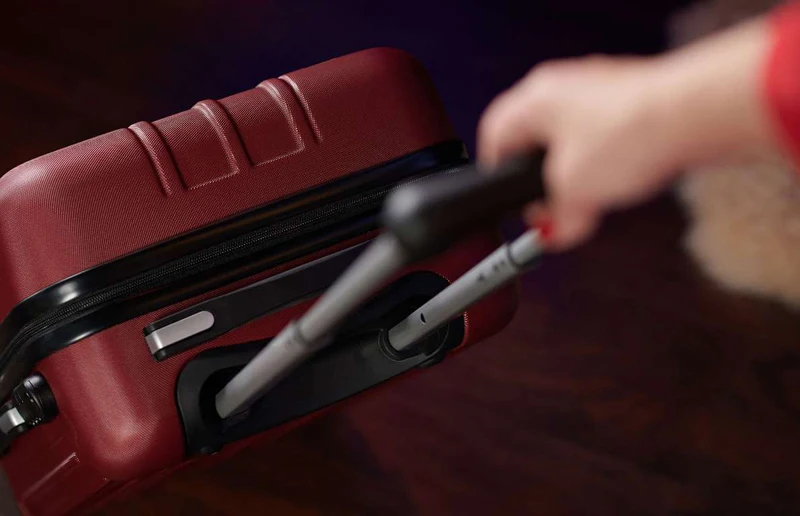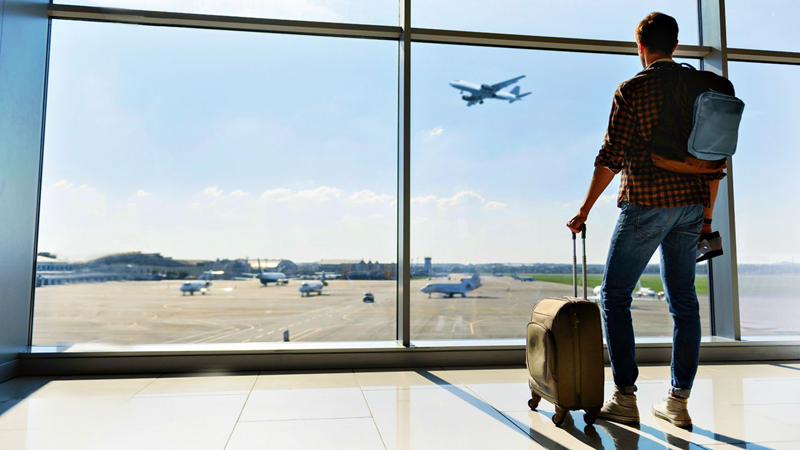![[feature] 6 Tips to Stay Healthy If You Need to Travel Right Now](https://blogger.googleusercontent.com/img/b/R29vZ2xl/AVvXsEiA56-SDz7j_GjP4AF6QozLEs8G1o0rH1GC0HT91j4QbjUG-ls08mj6069PeT-UokwMptNtnpMDloCZW6FrWFHX_VOft_T0agXNK9WJx3_6REeWZgk5162LnfLExknT7fpqMgljj_fFdd4/s1600-rw/health.dearjulius.com.jpg)
While most of us are able to follow government advice and avoid discretionary travel, for some people getting from A to B remains a necessity. So how do you stay safe if you’re a critical worker who has to commute? Or perhaps you're one of the thousands stuck abroad trying to get a flight home? We quizzed the experts to find out how you can stay well and look after others too.
Don't forget to check official government guidance before you travel. In America the CDC website is packed with advice and the President's official guidelines are here. In the UK the NHS's dedicated website is the go-to for the latest on how to protect your health.
1
Wear a mask
 |
| © MaCross-Photography/Shutterstock |
A homemade one using an old T-shirt will do, which means we can leave the medical ones for medical staff.
“It’ll help stop you breathing in droplets of the virus, but the density of the fabric is a factor on how much protection it offers,” explains Dr William Bird, a coronavirus specialist and NHS GP.
Just be sure to not play with it when it’s on and wash it after each use to avoid putting the contaminated side onto your face.
However, a mask is not a substitute for social distancing, so you still need to keep six feet apart from others when possible.
2
Change your clothes
 |
| © Africa Studio/Shutterstock |
"Changing as soon as you enter your house, showering and washing your clothes at 150°F (60°C) can potentially reduce your risk," explains Dr Chris George, who is currently on the frontline in London. While Dr Bird adds: "The virus is being carried on people’s shoes, so take them off as soon as you come in and wash your hands every time you touch them."
3
Wear your glasses
 |
| © Will Oliver/EPA, Shutterstock |
“There’s some evidence now to suggest that coronavirus can be transmitted via the aerosol route which means through air,” says Dr George.
And while transmission through tears is low according to the Ophthalmology journal, wearing glasses does act as a barrier reminder for you to not touch your eyes.
Related: When We Travel Again, Here’s How To Do It Safely
4
Get on your bike
 |
| © Provided by Love Exploring |
But if you have to get the subway or the tube, then Dr Bird recommends you refrain from touching anything with your hands. “Don’t hold on to poles, handrails or even open windows on buses, and stand away from other passengers where possible,” he says. And while ticket machines are being cleaned more frequently, if you can, use contactless payment methods where possible.
5
Wear gloves
 |
| © Provided by Love Exploring |
“Disposable gloves are best for filling up at the petrol station, but you need to discard them straight after,” says Dr Bird.
Otherwise, opening the door, touching the steering wheel, readjusting your mirror, means that you contaminate the interior of the car.
It’s also a good idea to anti-bac your hands once you take the gloves off as an extra precaution and “wash your hands thoroughly using a hand-washing technique when it’s next possible,” adds Dr George.
Otherwise, opening the door, touching the steering wheel, readjusting your mirror, means that you contaminate the interior of the car.
It’s also a good idea to anti-bac your hands once you take the gloves off as an extra precaution and “wash your hands thoroughly using a hand-washing technique when it’s next possible,” adds Dr George.
Related: The World Belongs to the Pigeons Now
6
Beware of cross-contamination
 |
| © Konstantin Goldenberg/Shutterstock |
Most of us now know that it’s best to use an alcohol-based hand sanitizer (minimum 60% alcohol), but when you’re traveling it’s inevitable that you’ll have bags and suitcases – ie straps and handles – the perfect spots for harboring germs.
While no one has had the chance to test if wipes work against SARS-CoV19, looking for products that have been proven to kill other coronaviruses such as SARS-CoV (Severe acute respiratory syndrome) and MERS-CoV (Middle East respiratory syndrome), puts you in good stead.
Products such as antibacterial wipes or a disinfectant spray (once you’re home) wiped or sprayed on handles, wheels and rucksacks, could help. But as always, “the crucial thing is to avoid touching your face when you are out,” reiterates Dr Bird.
While no one has had the chance to test if wipes work against SARS-CoV19, looking for products that have been proven to kill other coronaviruses such as SARS-CoV (Severe acute respiratory syndrome) and MERS-CoV (Middle East respiratory syndrome), puts you in good stead.
Products such as antibacterial wipes or a disinfectant spray (once you’re home) wiped or sprayed on handles, wheels and rucksacks, could help. But as always, “the crucial thing is to avoid touching your face when you are out,” reiterates Dr Bird.





















